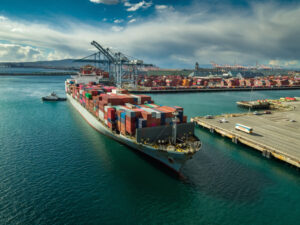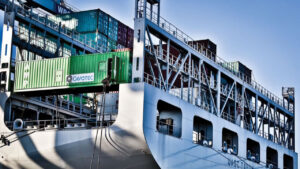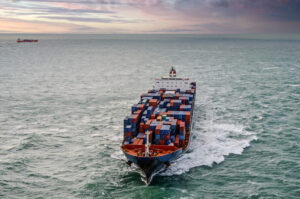The Port Authority of Santander (APS) has announced the establishment of the Institutional Chair in Artificial Intelligence (AI) Applied to Ports.
The Chair aims to promote the use of AI as a means to accelerate the digital transformation of ports.
The agreement was signed together with the University of Cantabria (UC), the International Menéndez Pelayo University (UIMP), Faro de la Cerda Research Centre, and the International Federation of Port and Harbour Associations (FIHAC), and Nextport, with an initial duration of four years.
The five entities behind the initiative aim for the Chair to become an accredited national and international “knowledge operator” in the field of training, research, and application of AI and associated technologies to the logistics-port sector.
READ: Technology and Automation in a Container Terminal: Perspective from an MD
The Chair’s strategic framework encompasses two critical objectives, according to its founders.
Firstly, to function as an idea incubator that can scrutinise the technological hurdles of ports, stimulate discussions, predict changes, and suggest remedies.
Secondly, to draw in talented individuals and equip them with the requisite proficiency, capabilities, and aptitudes in AI to drive pioneering initiatives in the port industry, formulate resolutions in the port value chain, and proficiently execute AI deployment in the port vicinity and its logistical networks.
APS President, Francisco Martin, noted that: “Although AI is now behind the automation of many port services and operations, there is still much to be done in these and other fields.”
“This initiative places us as pioneers in knowledge management and research in AI applied to ports, which is a unique opportunity to position ourselves in a privileged place within the logistics sector,” he added.
READ: How can ports use Artificial Intelligence?
NextPort Partner-founder and Technical Director, Óscar Pernía, added that: “AI provides the capabilities that the Maritime-Port Industry needs to be more efficient, safe, sustainable, and resilient, also responding to challenges such as climate change or the decarbonisation of transport”.
There is a significant amount of activity happening in the digitalisation of ports.









